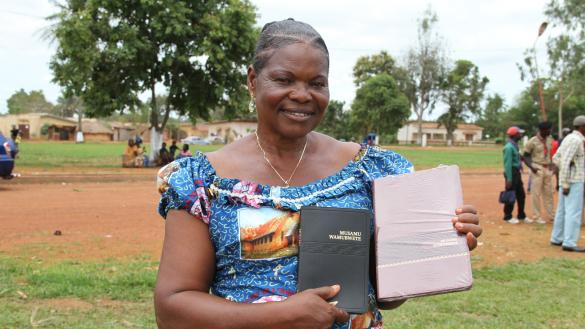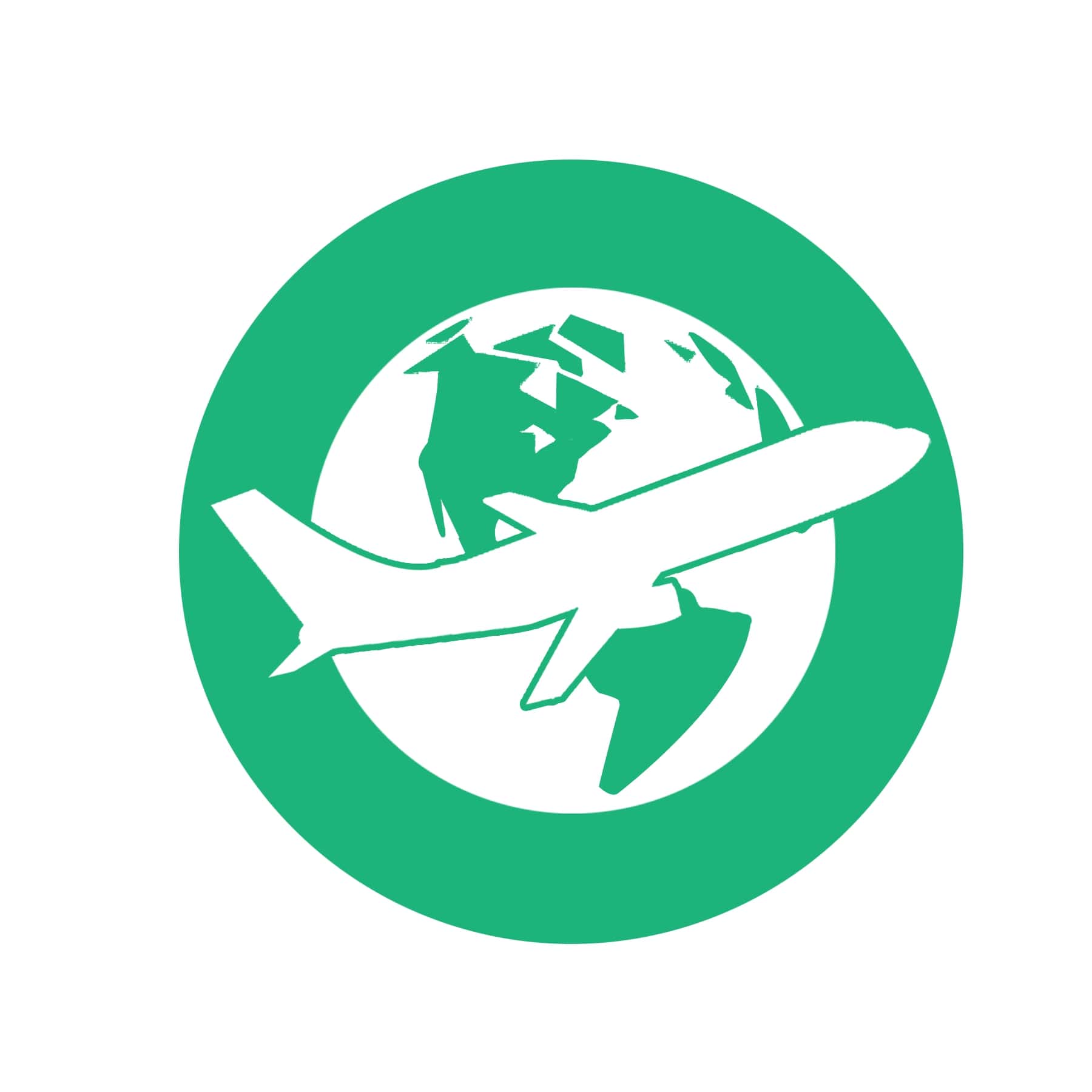Jesus said, “In the world you will have tribulation” (John 16:33). However, in the same sentence, He tells us to “take heart” in this world of tribulation. While tribulation and suffering is inevitable, Jesus has “overcome the world” through us. As ambassadors of Christ on earth, Christians have been empowered by the Holy Spirit to stand in the gap and help those who are suffering. The Bible Society of Singapore and United Bible Societies have responded to this calling diligently.
Tribulation and suffering in this world come in many forms. Blindness, disease and hunger are some examples. According to the World Health Organisation, more than 34 million people now live with HIV/AIDS and 3.3 million of them are below the age of 15. 285 million people are visually impaired worldwide. 868 million people or 12.5 per cent of the global population were undernourished between 2010-12. Most of those suffering from the above afflictions live in developing countries.
Bible Societies around the world have been reaching out in love to these people, providing them with Bibles so that they may experience God’s love. Bible Societies have also provided donations, infrastructure, education, spiritual and emotional support to those in need, helping to improve their quality of life.
Lives Touched by UBS
Daifa, 10, from China, was abandoned by her parents when she was born blind. Adopted by a home for the disabled at six, she became fearful and distrusting of others. Daifa learned to read Braille and was provided with Braille Scripture from the China Christian Council (CCC) and UBS.
Daifa mentioned seeing God as her “Father in heaven, just like a father on earth,” and Jesus as her “best Friend”. She even has plans to become a pastor when she grows up.
These are just some examples of how the United Bible Societies (UBS) is teaching the blind how to read Braille, providing them with Braille Scripture and encouraging many blind people to be trained in life skills so that they can earn a living.
Bible Societies have helped in areas experiencing chronic hunger. Simon, a young boy from a village in Lodwar, had been living in poverty even before Lodwar was hit by drought. His schooling was hindered as his father had no money to buy any of the textbooks. He often went to bed hungry. After the drought, the family struggled even more as they lost most of their goats: their main food source.
The Bible Society of Kenya took steps to reach out to the people of Lodwar who, like Simon’s family, were unable to produce enough crops or livestock to feed themselves. They managed to deliver 11 tonnes of food which was distributed to 500 needy families. They followed up by sending Bibles to these families who hunger for God’s Word.
UBS is working to bring hope to those suffering from HIV through its Good Samaritan programme. This ministry helps those with HIV come to terms with their situation and encourages them to open up. Winnie Ncongwane from Swaziland received ministry through the Good Samaritan programme.
When Winnie became pregnant, she felt unwell. She discovered that she had contracted HIV from her unfaithful husband. Winnie urged her husband to test for HIV, and when he tested positive for the virus, he turned violent towards her. Winnie’s husband passed away while their daughter (who was HIV negative) was only a few years old.
While searching for support, Winnie started volunteering at the Bible Society of Swaziland, where she first heard about the Good Samaritan programme. Going through this programme sparked a turnaround for her life.
Winnie learnt to be open about her illness, and not hide in the darkness of shame and secrecy. This helped her to deal with her issues and she could help others with the same problems. She spent much time reading the Bible, and found hope and God’s peace. Now, Winnie is employed with an organisation which fights tuberculosis, and continues to volunteer with the Bible Society of Swaziland.
The Work Carries On
However much has been done through our missions efforts to benefit those who are suffering in the dark, marginalised and oppressed by society, much more still remains to be done. There are millions of people with HIV or AIDs and other fatal illnesses living lives of hopelessness, poverty and hunger. Millions more around the world suffer from vision impairment or blindness, but the Bible in Braille currently only exists in 40 out of around 7,000 languages, and audio Scripture distribution is similarly inadequate.
The Bible Society of Singapore (BSS) is doing its part to let those with visual impairment gain access to the Bible. Our Word Intake for Spiritual Edification (WISE) programme encourages the regular hearing of God’s Word through audio Scripture. We have recorded solar-powered audio Scripture in many languages, and these devices have proven very helpful in reaching the blind locally and abroad, especially in rural areas.
BSS has also been helping the less fortunate who do not have access to God’s Word through Bible Distribution Trips. In 2012, we made four trips to Nanjing, Anhui, Myanmar and Cambodia. We rejoiced in witnessing many who received with tears of joy their personal copy of God’s Word. We made trips to countries struck by disaster, like Indonesia and Philippines, to bring hope through the replacement of lost Bibles for free.
Despite the suffering present in the world today, we should still take heart, for the Lord is able to overcome tribulation through the help of His people. We ask that you prayerfully consider joining us in bringing alleviation to a world of suffering.

 Now the Beembe people have asked to have the Old Testament translated into their language and Jacques is already on the case.
Now the Beembe people have asked to have the Old Testament translated into their language and Jacques is already on the case.




 Rudi Zimmer, Bible Society of Brazil’s Executive Director, said, “Our Society has always been characterised by the outreach work it develops for populations facing situations of vulnerability and social risk, where the Word of God comes as a breath of hope and solace.”
Rudi Zimmer, Bible Society of Brazil’s Executive Director, said, “Our Society has always been characterised by the outreach work it develops for populations facing situations of vulnerability and social risk, where the Word of God comes as a breath of hope and solace.”




